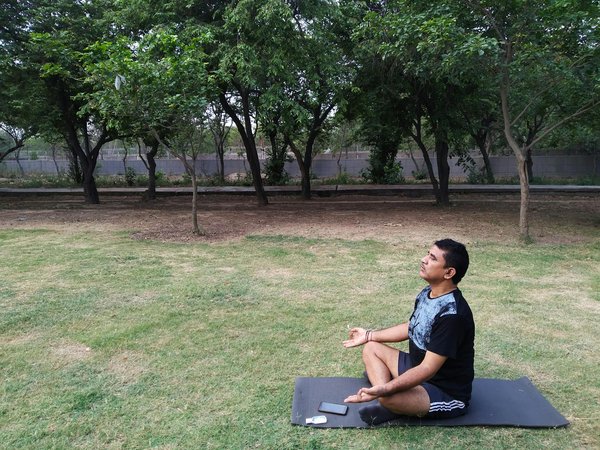Explore Health Topics That Matter to You
Browse our comprehensive collection of articles across all aspects of health and wellness
Disease
Diseases, symptoms and treatments
Health
Health advice and prevention
News
Health and medical news
Pregnancy
Pregnancy, maternity and baby
Professionals
Healthcare professionals
Seniors
Senior health and wellbeing
Slimness
Diets, weight loss and nutrition
Wellness
Wellbeing and life balance
What Our Readers Say
Real feedback from people who trust MyHealthHint for their health information
I've been reading MyHealthHint for over a year now and it's become my go-to resource for understanding health topics. The articles are well-researched and explained in a way that actually makes sense to someone without a medical degree.
As a new parent, I was overwhelmed with conflicting information online. MyHealthHint's pregnancy and wellness sections gave me reliable guidance I could trust during a confusing time.
The senior health articles have been incredibly helpful for understanding my father's conditions and how to support his wellness. Clear, compassionate, and practical information all in one place.
Latest articles
Our recent publications

How Can We Encourage Healthier Habits to Prevent Disease in the UK?
Achieving a healthy lifestyle in the UK requires well-structured and evidence-based approaches. One effective strategy i...

What Are the Lesser-Known Impacts of Diseases on Mental Health?
Chronic disease mental health impacts often go beyond the well-known symptoms of depression and anxiety. Patients with c...

What is the UK doing to improve vaccination rates?
The UK government has implemented multiple strategies aimed at significantly boosting vaccination rates. One key approac...

Discover premium supplements to boost your health and wellness
Experience the true potential of premium supplements designed to enhance your health and wellness. Understanding their b...
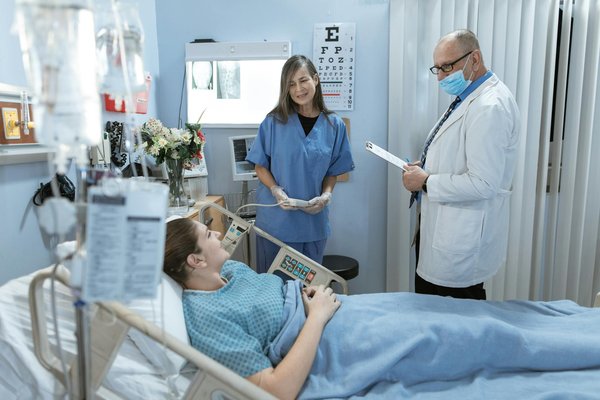
What Are Future Challenges for Improving Healthcare in the UK?
The future challenges facing UK healthcare are complex and multifaceted, posing significant obstacles to the NHS's abili...

What Are the Benefits of a Healthy Diet in the UK?
A healthy diet UK offers numerous health benefits supported by NHS guidelines that emphasize balanced nutrition to enhan...

What are the key factors in patient satisfaction in the UK?
Patient satisfaction UK is primarily influenced by several determinants of patient satisfaction, with the quality of car...

Your path to recovery: finding the right eating disorder counsellor
Finding the right eating disorder counsellor can transform your recovery journey. With eating disorders affecting approx...

How Will the Latest Developments in UK Health Policies Impact Patient Care?
Recent UK health policy updates have introduced significant shifts aimed at modernising healthcare delivery. One key cha...

What are the challenges facing the NHS in the post-pandemic era?
The NHS post-pandemic challenges are significant and multifaceted. One primary issue is the persistent patient care back...

What Are the Latest Advancements Shaping the Future of UK Health News?
Recent UK health news advancements have significantly transformed the way information reaches the public. A key factor i...
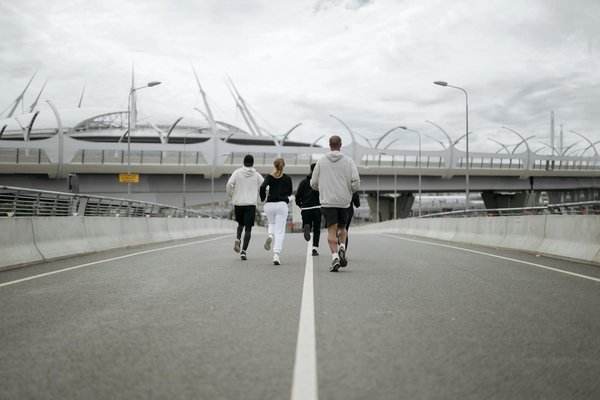
How Can Pregnant Women Enhance Their Health During Pregnancy?
Maintaining a balanced diet for pregnant women is crucial for both maternal health and fetal development. Essential nutr...

How can you ensure a safe and healthy home environment for your baby?
Creating a safe space for your baby starts with baby-proofing tips that address common home safety hazards. Sharp edges ...
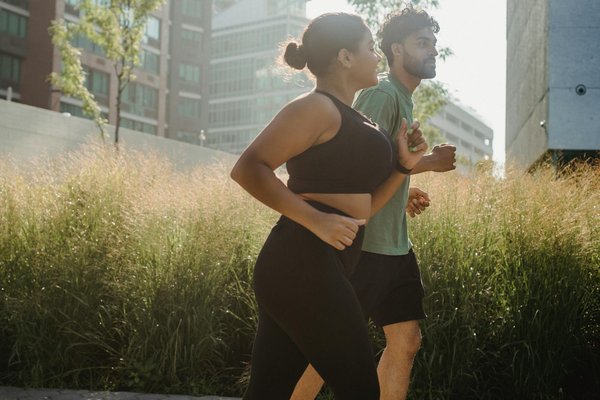
What are the benefits of prenatal massage for UK mothers-to-be?
Prenatal massage offers significant physical and emotional relief during pregnancy, addressing common discomforts faced ...

How Can Health Professionals in the UK Improve Mental Well-being in the Workplace?
Promoting workplace mental health strategies UK is vital, especially for healthcare staff facing constant pressure. Prio...

How can UK health professionals integrate holistic care into their practice?
Holistic care principles emphasize treating the whole person—body, mind, and social context—rather than focusing solely ...

How Do Health Professionals Support Mental Wellbeing in the UK?
Mental health professionals in the UK encompass a range of specialised roles, each contributing uniquely to mental wellb...

How Can Seniors in the UK Adapt Their Lifestyles for Improved Well-being?
Proper senior nutrition in the UK is essential for maintaining health, strength, and vitality as the body ages. A well-b...
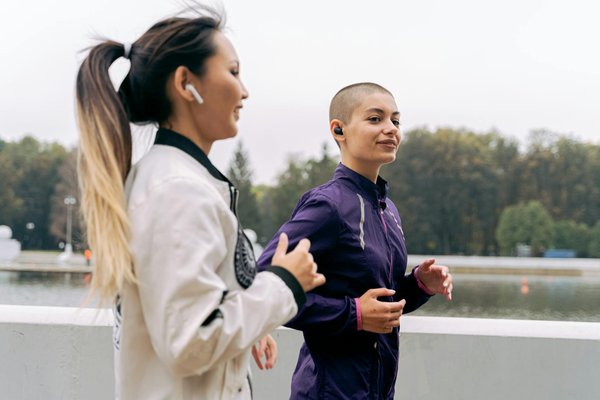
How can seniors in the UK maintain mobility and independence?
Understanding the variety of mobility aids available is crucial for seniors seeking to maintain independence. Popular op...

The Importance of Regular Health Check-Ups for Elderly Wellbeing
Regular elderly health check-ups play a crucial role in maintaining health and preventing disease as individuals age. Th...

How do UK fitness trends influence slimming goals?
In the ever-evolving landscape of the UK fitness industry, trends play a significant role in shaping people's approaches...

Unveiling the hidden psychological factors in weight management: what are we missing?
Motivation plays a fundamental role in the journey of weight management, directly impacting the strategies one employs a...

What UK wellness trends are effective for maintaining a slim figure?
In the UK, the pursuit of a slim figure is often intertwined with broader wellness trends that focus on overall health a...

What Are Innovative Ways to Incorporate Wellness into Daily UK Life?
Finding balance between work-life balance wellness and everyday demands is crucial for busy UK professionals. Integratin...

What are the benefits of incorporating traditional UK remedies into modern wellness?
Traditional UK remedies are experiencing a notable resurgence, seamlessly blending with modern wellness enhancement prac...

What are the best UK parks for a wellness walk?
Choosing the best UK walking parks for wellness walks involves key criteria: tranquility, natural beauty, and well-maint...
Frequently Asked Questions
Is the health information on MyHealthHint reliable?
All content on MyHealthHint is thoroughly researched and based on current medical evidence and guidelines. While our articles are informative and educational, they are not a substitute for professional medical consultation. We always recommend consulting with healthcare providers for personal health concerns.
How often is new content published?
We publish new articles multiple times per week across various health categories. Our content calendar includes regular features on disease prevention, wellness trends, health news, and specialized topics for different life stages. Subscribers receive weekly updates highlighting our latest publications.
Who writes the articles on MyHealthHint?
Our content is created by health writers with backgrounds in medical research, public health, and science communication. Each article undergoes editorial review to ensure accuracy, clarity, and relevance. We cite credible sources and medical literature to support the information presented.
Can I suggest topics for future articles?
Absolutely! We welcome reader input on health topics you'd like to see covered. While we maintain an editorial calendar based on current health trends and reader interests, your suggestions help us understand what information our community needs most. You can reach out through our contact page with your ideas.
